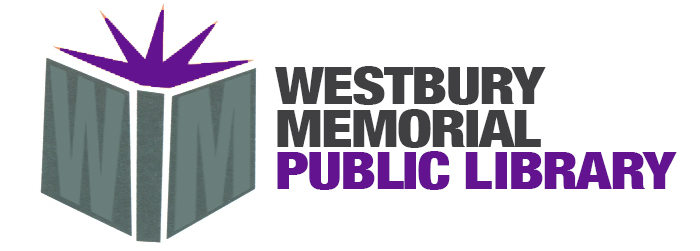Librarian’s Pick: Thing’s You Save in a Fire – Katherine Center
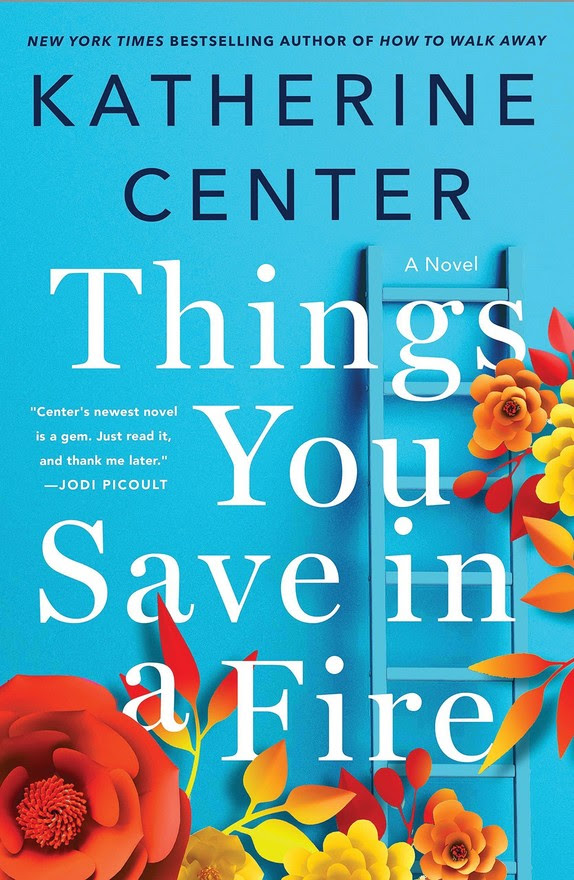 “Some people work to live, but Cassie Hanwell lives to work. Her job as a firefighter—and an extremely good one at that—gives her a sense of purpose that nothing else ever has. With grit and unwavering determination, Cassie has worked her way up the ranks of the Austin, Texas, fire department, earning the respect and admiration of her male colleagues. She’s even the first woman to win the department’s prestigious Valor Award. But on the evening of the award ceremony, an impulsive decision, triggered by an encounter with a blast from her past, may jeopardize everything for which Cassie has worked so hard. With her career on the line, Cassie agrees to transfer to an old-school fire department on the outskirts of Boston, where she’ll have to prove herself to her new squad, who have made it clear that there’s no room for a “lady” in their fire station.
“Some people work to live, but Cassie Hanwell lives to work. Her job as a firefighter—and an extremely good one at that—gives her a sense of purpose that nothing else ever has. With grit and unwavering determination, Cassie has worked her way up the ranks of the Austin, Texas, fire department, earning the respect and admiration of her male colleagues. She’s even the first woman to win the department’s prestigious Valor Award. But on the evening of the award ceremony, an impulsive decision, triggered by an encounter with a blast from her past, may jeopardize everything for which Cassie has worked so hard. With her career on the line, Cassie agrees to transfer to an old-school fire department on the outskirts of Boston, where she’ll have to prove herself to her new squad, who have made it clear that there’s no room for a “lady” in their fire station.
The only person who doesn’t ignore her or treat her with outright hostility is a fellow newcomer, known as the Rookie, who proves to be a different kind of problem—because Cassie decided a long time ago that she would never fall in love, no matter how considerate or attractive or good a cook he might be. There’s no way her career can survive another scandal, but as she spends more time with the Rookie—and begins reconnecting with her estranged mother—Cassie can’t help but wonder if she should let her past go up in flames and make room for something new.”
Librarian’s Pick: Motherland – Elissa Altman
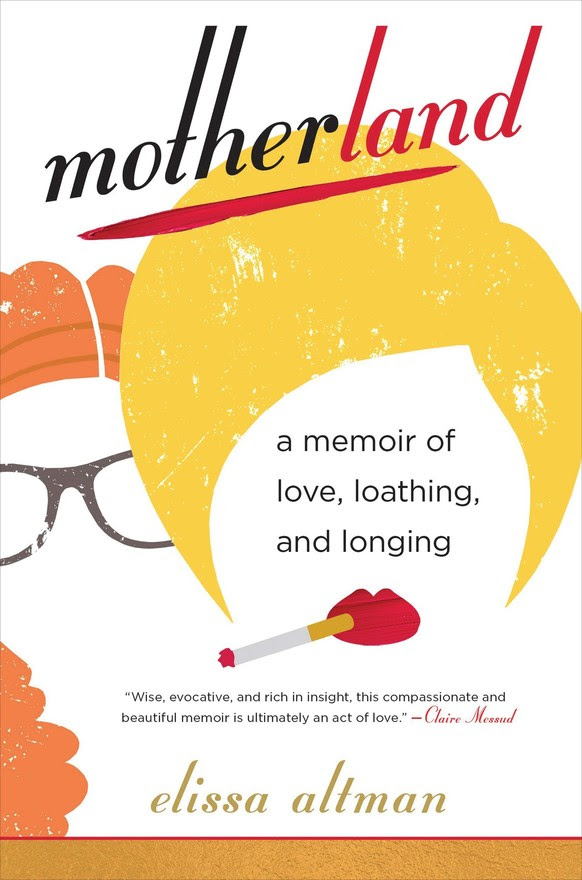 “There’s a jagged longing that animates the relationship between daughters and mothers. A daughter’s desire to please and be loved often cascades into enduring joy or peripatetic bitterness, while a mother’s desire to be loved and emulated often pours into exultant pride or raging resentment. Elissa Altman’s haltingly poignant Motherland: A Memoir of Love, Loathing, and Longing captures with clear-eyed candor the ways that Altman struggles to love her mother despite her mother’s insistence on creating Altman in her own image.
“There’s a jagged longing that animates the relationship between daughters and mothers. A daughter’s desire to please and be loved often cascades into enduring joy or peripatetic bitterness, while a mother’s desire to be loved and emulated often pours into exultant pride or raging resentment. Elissa Altman’s haltingly poignant Motherland: A Memoir of Love, Loathing, and Longing captures with clear-eyed candor the ways that Altman struggles to love her mother despite her mother’s insistence on creating Altman in her own image.
Altman’s mother, Rita, is a lifelong Manhattanite who buys makeup from Saks or Bloomingdale’s to assuage her loneliness and preserve her image of herself as a beautiful woman who once appeared on television. Rita’s marriage to Altman’s father ended in divorce because she felt like he could never provide for her material needs, and she continues to search for men who can. Rita wants a daughter who resembles her, so she tries to dress her only daughter elegantly and buys her cosmetics that will emphasize her beauty. Altman’s tomboyish approach to life disappoints her mother, and as Altman grows older, she eventually moves out of the city to Connecticut to live with her wife.
The circles of love, longing and loathing widen, punctuated by Rita’s daily calls to her daughter, calling forth Altman’s own anger, regret and love. As Altman so gracefully describes it, “My mother and I have been burning for half a century. . . . We bob and weave; we love and we loathe; we shout and whisper, and the next morning we do it all over again.” When her mother falls and becomes fully dependent on her, Altman feels the rush of “can’t-live-with-her-can’t-not-take-care-of-her” wash over her as she shuttles to Manhattan to care for her mother, who continues to be dissatisfied with her daughter and her daughter’s chosen life.
The beauty of Motherland lies in its embrace of the raggedness of relationships and in its candid acknowledgment that sometimes resolution and reconciliation simply elude us. But that longing for reconciliation itself functions as a form of resolution.”
Librarian’s Pick: Delayed Rays of A Star – Amanda Lee Koe
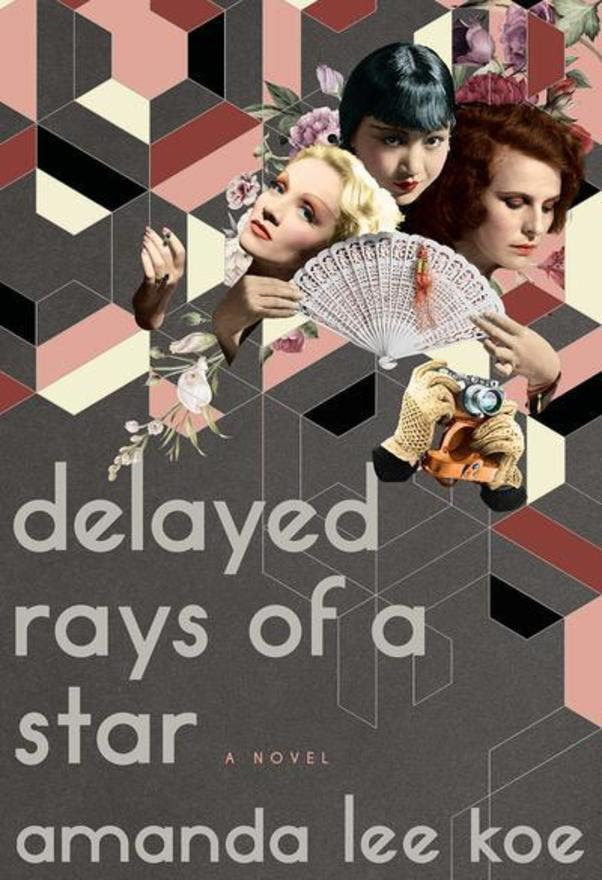 “Marlene Dietrich, Anna May Wong and Leni Riefenstahl were three of the most famous people in 20th-century cinema, no mean feat given the dominance of men in the cutthroat industry. And they each endured their share of prejudice, whether from accidents of birth or ill-advised associations.
“Marlene Dietrich, Anna May Wong and Leni Riefenstahl were three of the most famous people in 20th-century cinema, no mean feat given the dominance of men in the cutthroat industry. And they each endured their share of prejudice, whether from accidents of birth or ill-advised associations.
The narrative begins in 1928, when Dietrich, relegated to cabaret gigs and bit parts in films, crashes the Berlin Press Ball on a producer’s last-minute invitation. There, she meets Wong, a Los Angeles native who is already an international star but who has dealt with more than her share of racism, from boys in school who made slit eyes at her to producers who commanded her to “scream like a Chinese” and said she’d be replaced if she declined. Neither woman could have known that they would embark on a brief romance, nor that four years later they would star together in Shanghai Express, one of the films that brought Dietrich the stardom she craved.
Also at the party is Riefenstahl, a photographer and wannabe actress who is angered years later when Dietrich beats her for the lead role in The Blue Angel. Most of her sections in the novel focus on her attempts to make the film Tiefland in the early 1940s and her cozy relationship with Hitler.
Many of the novel’s most affecting scenes are of the women in old age: bedridden 88-year-old Dietrich puttering around her Paris apartment and receiving mysterious calls from a 17-year-old boy who quotes Rilke to her; Wong reduced to being offered commercials in which she would have to sport a Fu Manchu mustache made of toothpaste; and 101-year-old Riefenstahl, determined “to set things straight” decades after her Nazi propaganda work.
The novel is sometimes overwritten, but Delayed Rays of a Star is a heartfelt tribute to extraordinary women who helped define modern cinema and a reminder that discrimination has always come in many guises.”
Librarian’s Pick: Kochland – Christopher Leonard

“Leonard begins his tour de force in 1981, when 45-year-old Charles Koch, who had run Koch Industries since the age of 32, turned down an offer to take Koch public. The strategy of remaining private has been integral to Koch’s success, Leonard argues, laying the foundation for “decades of continuous growth.” It’s also brought unimaginable wealth to Charles and David Koch, whose combined worth is estimated at $120 billion.
Leonard covers a lot of ground, but especially significant is a chapter analyzing Charles Koch’s long-held opposition to climate regulations. “A carbon-control regime would expose Koch to a brand-new regulatory structure, but it would also choke off decades of future profits as the world shifted away from burning fossil fuels,” Leonard tells us, reporting on a speech Charles Koch made in 2009.
Leonard devoted seven years to this book. In the acknowledgments he tells his kids that “all of it is for you.” Indeed, Kochland is essential reading for anyone concerned about the America our children and grandchildren will inherit.”
Librarian’s Pick: The Doll Factory – Elizabeth Macneal
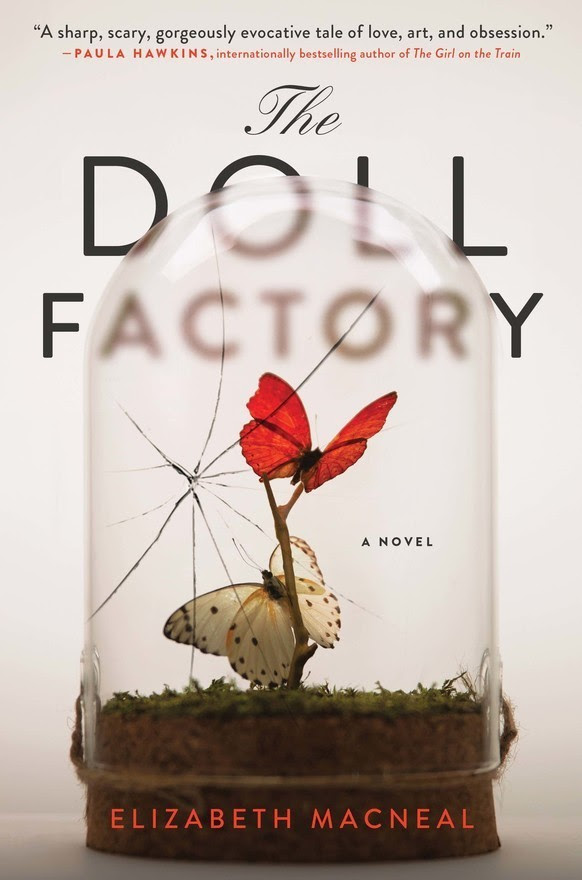 “In 1851 London, Iris works long hours in a doll-making studio. Trapped into an apprenticeship beside Rose, her unhappy twin sister, Iris plots to build a new life in which she is free to paint while Rose runs her own shop. Iris also hopes to gain a position stable enough to help the toothless street urchin Albie, who sews doll clothes for the studio and becomes like a little brother to her. When up-and-coming artist Louis offers to give Iris paintings lessons—in exchange for her modeling for a painting he wants to enter into the Great Exhibition—she feels that she’s one step closer to making her plan succeed. But little does Iris know, a lonely taxidermist named Silas has his own designs for her.”
“In 1851 London, Iris works long hours in a doll-making studio. Trapped into an apprenticeship beside Rose, her unhappy twin sister, Iris plots to build a new life in which she is free to paint while Rose runs her own shop. Iris also hopes to gain a position stable enough to help the toothless street urchin Albie, who sews doll clothes for the studio and becomes like a little brother to her. When up-and-coming artist Louis offers to give Iris paintings lessons—in exchange for her modeling for a painting he wants to enter into the Great Exhibition—she feels that she’s one step closer to making her plan succeed. But little does Iris know, a lonely taxidermist named Silas has his own designs for her.”
Librarian’s Pick: Because Internet – Gretchen McCulloch

“A Montreal-based internet linguist and columnist for Wired, McCulloch begins with a quick primer on linguistics, the study of language. “The continued evolution of language is neither the solution to all our problems nor the cause of them,” she writes. “It simply is. You never truly step into the same English twice.” Since the internet records what people post, tweet and share, it’s a good place to study recent changes in informal language.
McCulloch is fascinating on emojis, those tiny digital smiley faces, hearts and flamenco dancers that we add to texts. Having studied emojis since 2014, she describes her research into the reasons that emojis caught on, showing why emojis and GIFs serve as gestures rather than as a new language. And McCulloch is convincingly reassuring about teen internet use. “Whether they’re spending hours on the landline telephone, racking up a massive texting bill, or being ‘addicted’ to Facebook or MySpace or Instagram, something that teens want to do in every generation is spend a lot of unstructured time hanging out, flirting, and jockeying for status with their peers.”
Although the concept of internet linguistics might sound dry, McCulloch takes a sprightly approach. She’s funny as well as informative. Because Internet just might lead you to see the internet, and how you (and your kids) use it, in a whole new way.”
